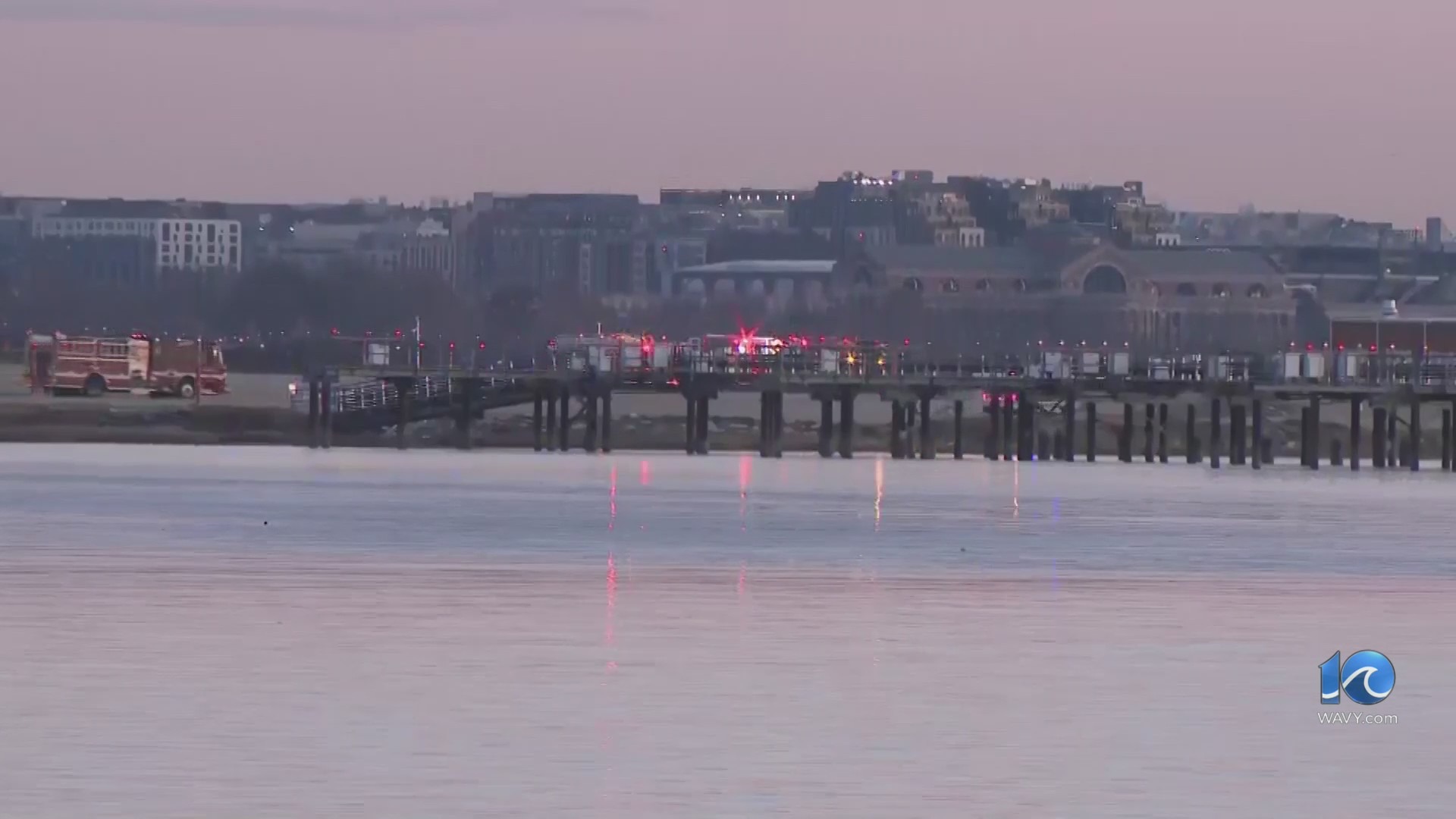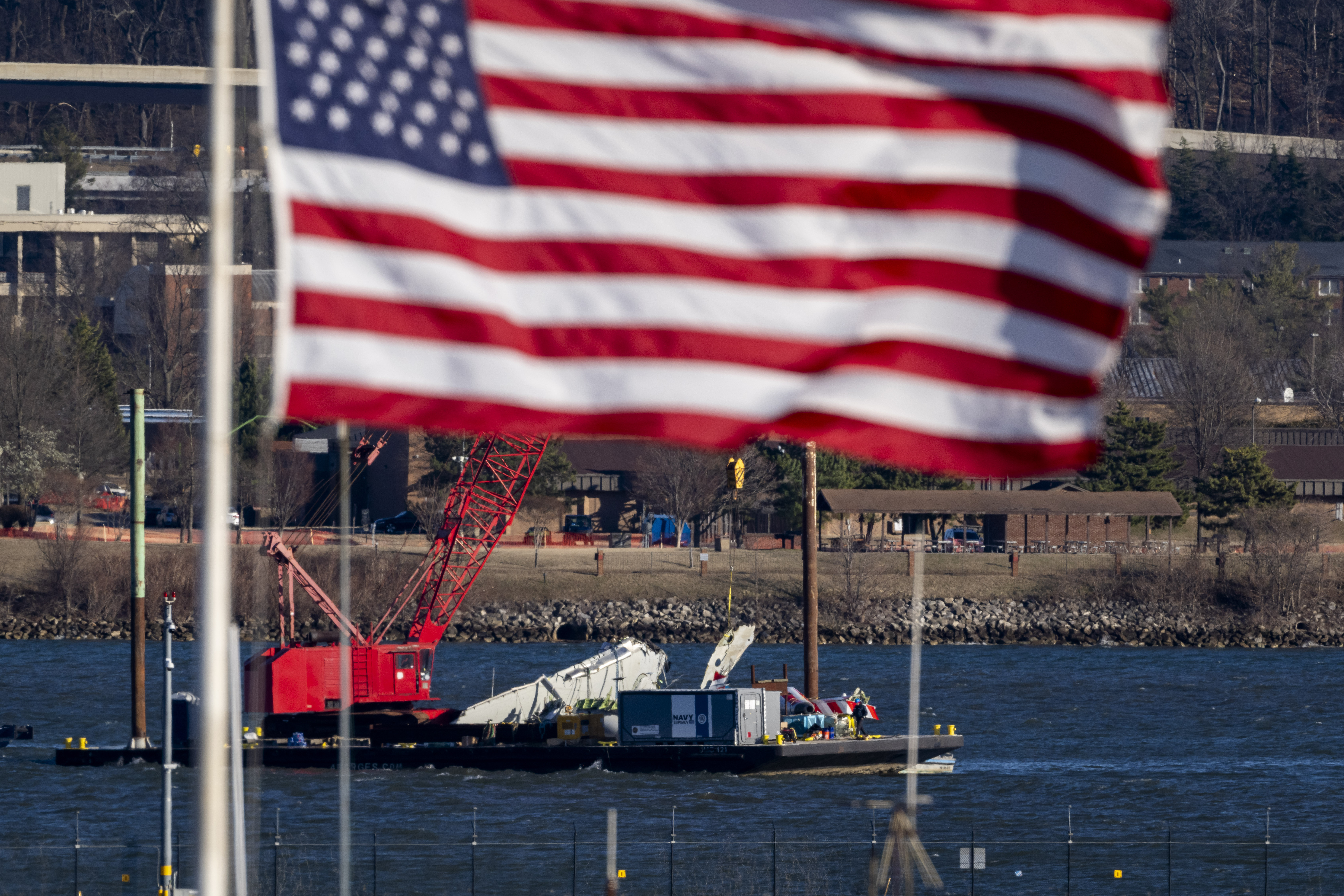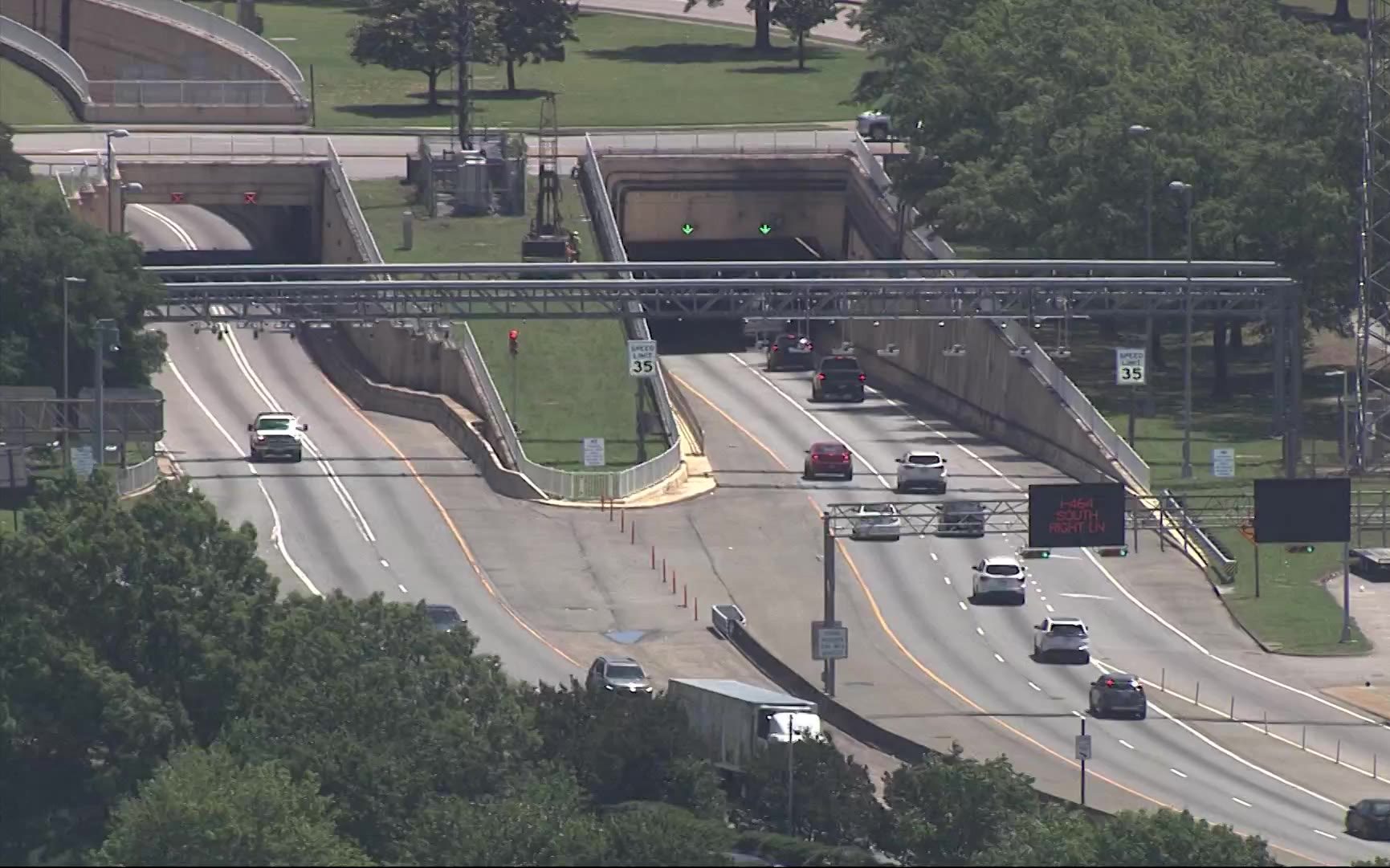NORFOLK, Va. — One of the last things anyone would want during an emergency is to be put on hold with 911. But more and more people in Hampton Roads are speaking out to say this is happening to them. They are at times caught waiting for several minutes.
It stems from a problem facing many emergency dispatch centers across the country for the past few years. Critical staffing shortages mean fewer people are there to take calls.
A 911 delay even happened to one of our own staff members here at WAVY.
“You can see where there’s white paint all down the side, scratches,” said Karen Baird with Human Resources, describing the damage on her car. “It ripped off my mirror and then through here as well, and then all the way to the front bumper.”
Baird said she got side-swiped by a driver on Interstate 264 below the Military Highway overpass Wednesday afternoon. It took her five minutes to get in touch with dispatchers after calling 911.
Baird remembers the automated message she heard for several minutes: “Please hold. Don’t hang up. Please hold, don’t hang up,” she said.
Jim Redick, Director of Emergency Preparedness and Response in Norfolk, said he is well-aware of the long delays.
Their goal is to be able to answer 90% of their calls in fewer than 15 seconds. Recently, he said they are only answering a little more than 50% in that time frame.
The big reason — a lack of staffing.
About 36% of their total job positions are available, the worst it has ever been, according to Redick. It is a trend that started years before the COVID pandemic and he believes burnout is the biggest factor.
“And a lot of them feel they’re not able to do it,” Redick said. “We used to lose folks. They could do the call taking part, but they couldn’t do the dispatching part, which comes later on in their training.”
So they started splitting duties based on experience, with some only taking non-emergency calls, others focusing on 911 and the rest dispatching first response units to scenes. He hopes things like this, and a recent pay boost from the city might entice new applicants.
“You can serve your country in a lot of ways, and this is one way that we really need people to think about,” Redick said.
They track call response data online, showing what percentage of calls are answered in a certain amount of time each day. In the past few days, between roughly 60% to 80% of 911 calls are picked up in less than 40 seconds. On the other end of those percentages are the calls that sometimes take minutes to answer.
Dispatch leaders in Virginia Beach told the WAVY newsroom they are going through a similar problem. They explained that 911 callers being put on hold is not a cut and dry event. It tends to happen during crashes, since many people driving by call at once. Virginia Beach city leaders recently approved a raise and a $5,000 sign on bonus to anyone who completes training.
The directors of these dispatch centers want to stress, every call does get answered. Anyone who hangs up while on hold will get called back and put back into the cue if there are high call volumes.













